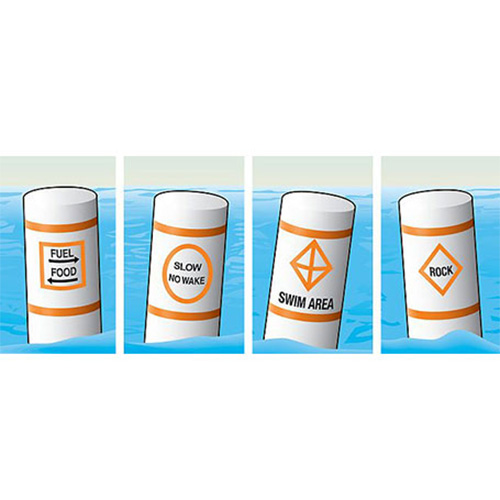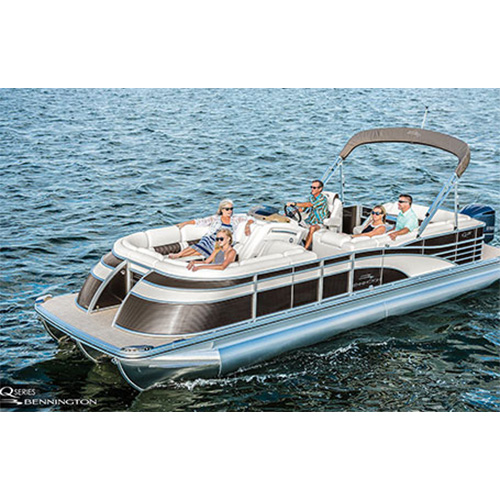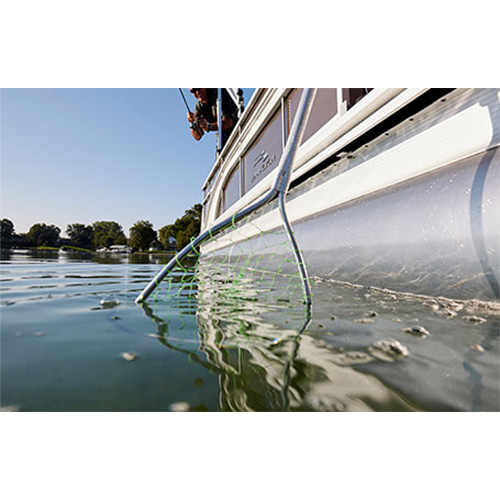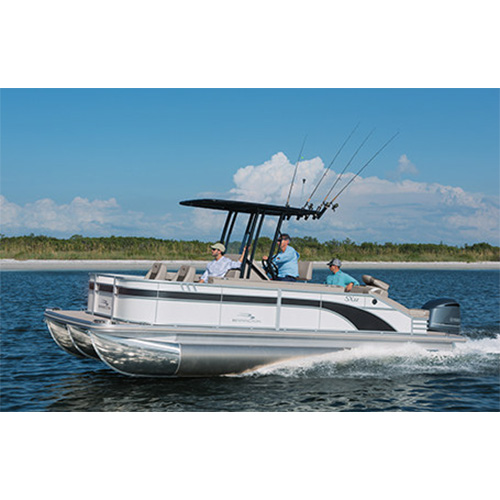
Choosing a Pontoon Boat Grill
Few things put the final touch on a perfect day on the lake in a pontoon boat than a delicious meal cooked on the grill, on the water. Bennington Pontoon Boat owners know that if there is something you are not able to do on your boat, then it's time you found out how to do it.
There are many varieties of grills that are built to function on your pontoon boat, but choosing the right one depends on a number of factors. Remember, that it is always best to consult your local Bennington Pontoon Boat dealer to find the best fit for your boat.
Types of Pontoon Grills
When choosing a grill for your pontoon boat, you must first decide between a charcoal or gas grill. While many sea-faring chefs believe that charcoal gives a better flavor, gas is often more convenient. Choose what works best for you. Most boat gas grills use a one-pound propane cylinder. While these are usually more than enough for a small family lunch, larger meals or foods that take longer to cook may need additional tanks.
Charcoal Grill for Pontoon Boat
Charcoal grills are for purists. Cooking with charcoal adds a special flavor to meats, and the grills themselves are relatively inexpensive. Buy one with a mount that attaches to the boat's handrail or rod holder and positions the grill over the water, so that that any hot ashes or embers will fall overboard instead of onto the deck.
Gas Grill for Pontoon Boat
Propane grills start up easily and heat up quickly, compared to charcoal, which can be difficult to light and takes 20 or 30 minutes before it's ready to cook on. Propane grills present no dangers from burning embers, and they produce no messy ash.
Electric Grill for Pontoon Boat
Like propane grills, electric grills start heating instantly, and there are no problems with embers or ashes. Another advantage of electric grills is that they cook without flames, so you can use them in marinas that prohibit the use of open flames. On the downside, they require a source of A/C power. Unless you have a generator onboard (unlikely), you're limited to cooking where shore power is available.
Grill Size & Pontoon Grill Mount
Boat grills generally come in two shapes, rectangle and circular. Rectangle grills allow for more room for food, best for large parties and families, while circular grills can double as a stove or oven and typically be rotated. Grills can also be mounted onto the side of a boat or portable. If you plan to leave your grill on the boat for an extended period of time, or boat in an area where rougher water can be expected, a mounted grill is likely your best bet. If you are bringing the grill to a beach or camp area for use off the boat, a portable grill makes more sense.
Brands like Magma, Kuuma and Coleman offer fantastic solutions for a wide variety of grill styles.
Finally, consider the area on the boat that is most appropriate for mounting. This is an additional subject that should be discussed with your local Bennington Pontoon Boat dealer. Be sure that the grill can be mounted out of the way of the captain as well as not to interfere with passengers or recreational activities like fishing. As always, make sure you practice grilling safety while on your pontoon boat.
Tips for Boat Grilling Safety
Once you've chosen your grill, using it can be a safe, enjoyable experience, provided you follow these tips:
- Use the grill only when the boat is tied up or anchored. Grilling while underway is dangerous for those using the grill and those around it. Given just the wrong wave set, you could also lose your meal overboard.
- Keep the grill away from and downwind of flammables like biminis and other boat fabrics.
- Check propane connections before lighting.
- Never leave a lit grill unattended.
- Put out or turn off the grill as soon as you finish cooking.
- Make sure the grill is fully cooled and put it away before you begin moving.
Here are additional rules specific to the use of charcoal grills:
- Position the grill so that no ashes or embers can fall on the boat.
- Use only charcoal lighter fluid as an accelerant, and apply it only before you light the coals. Never use gasoline, and never apply lighter fluid after the fire has started.
- Do not dump ashes or coals overboard when you're done cooking. The cover of the grill is designed to smother the fire and keep the ashes contained until you return to shore, where you can dispose of them safely after giving them plenty of time to ensure they are completely dead.












